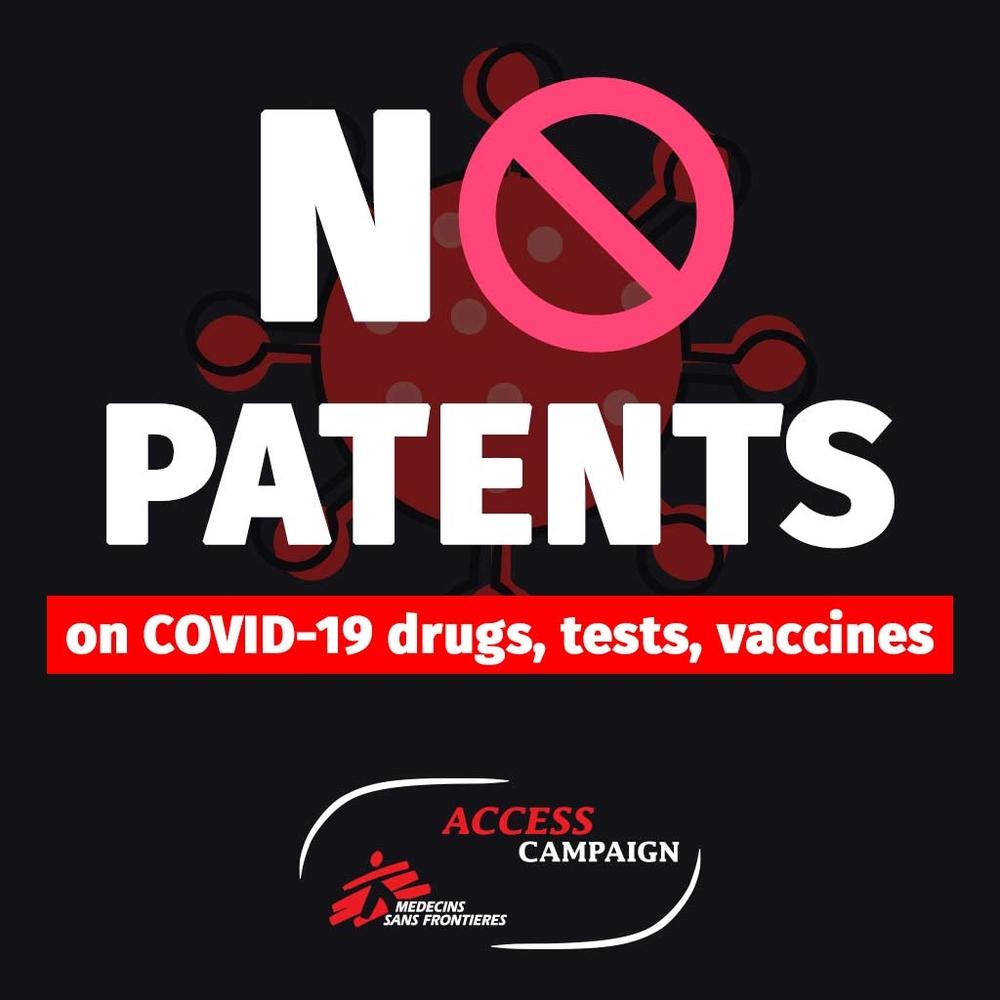Johannesburg, 1 July 2020 – In a communique issued following the ‘Africa’s Leadership Role in COVID-19 Vaccine Development and Access’ conference of the African Union (AU), African health ministers took a crucial step to state their concern that patents and other technology barriers could negatively impact the ability to ensure access of future potential COVID-19 vaccines in developing countries. This acknowledgement stands in stark contrast to the misconception commonly expressed by pharmaceutical corporations and some public health actors that intellectual property does not play a major role in restricting access to vaccines. Not only does the AU make this important point, but it also emphasises that governments should urgently make use of legal and policy options to eliminate intellectual property barriers, as needed, in the interest of public health.
Past experience -including with the pneumococcal vaccine and human papillomavirus vaccine - has shown that patents and knowhow can affect every step of vaccine development, and monopolies can hinder timely introduction of affordable vaccines in developing countries. Sufficient and timely supply of any COVID-19 vaccine will require a broad manufacturer base, which must be supported by opening access to all necessary technology, intellectual property and data with full rights to use, manufacture and supply globally. To achieve this, countries should make full use of legal and policy measures, as the AU stresses. Pharmaceutical corporations with essential vaccine technologies should make these publicly available, and COVID-19 vaccine developers should openly share their data, knowhow and technology to facilitate rapid scale-up at the global level.
The operative language in the AU communique reads as follows:
“RECOGNISE the barriers that intellectual property, including patents, trade secrets and other technological knowhow has posed to timely introduction of affordable vaccines in developing countries in the past.
ACKNOWLEDGE this experience, noting that there is an urgent need for countries to make full use of legal and policy measures, including flexibilities enshrined under the Agreement on Trade-Related Aspects of Intellectual Property Rights (TRIPS) and Doha Declaration, South-South and North-South collaboration to ensure monopolies do not stand in the way of access to COVID-19 vaccines.
ALSO CALLS UPON, and in line with the recommendations of the 73rd World Health Assembly resolution on the COVID-19 response, for all countries to remove all obstacles, including, but not limited to, the use of the flexibilities provided in the TRIPS agreement, to ensure that all relevant technologies, intellectual property, data and knowhow are openly and immediately made available and the rapid scale-up of geographically diverse production to be made possible.”
Quote by Candice Sehoma, Access Campaign Advocacy Officer, MSF in South Africa:
“It is extremely encouraging to see African leaders state so clearly that they know the impact patents and other forms of intellectual property could have on access to a potential future COVID-19 vaccine in their countries. We are enthusiastic about the leadership demonstrated in this communique, not least the leadership that Africa CDC has shown in driving an African response to the COVID-19 pandemic. For too long, there has been an outright denial of the fact that patents and other intellectual property hinder access to newer vaccines in developing countries. There is ongoing denial and ambiguity by several global health actors and industry around policy plans and messages with regard to intellectual property and technology transfer and their impact on ensuring access to a COVID-19 vaccine. Few promises have been made so far to ensure the full transfer of technologies for vaccine production in developing countries and concrete measures are yet to be put in place to remove intellectual property barriers.
Past experience has shown that patents can have a serious negative impact on the price and supply of newer vaccines for resource-limited countries, including in Africa, by restricting market entry for vaccine manufacturers in developing countries and delaying access. We can’t let history repeat itself and follow down the same path where we pretend patents aren’t a problem and instead overpay specific pharmaceutical corporations for expensive vaccines. The world really can’t afford any delays which could be caused by unjustified private control of any future COVID-19 vaccine.
We hope to see African leaders put their own recommendations into action, by taking legal measures to ensure that intellectual property does not get in the way of their people’s timely access to any future COVID-19 vaccine."
